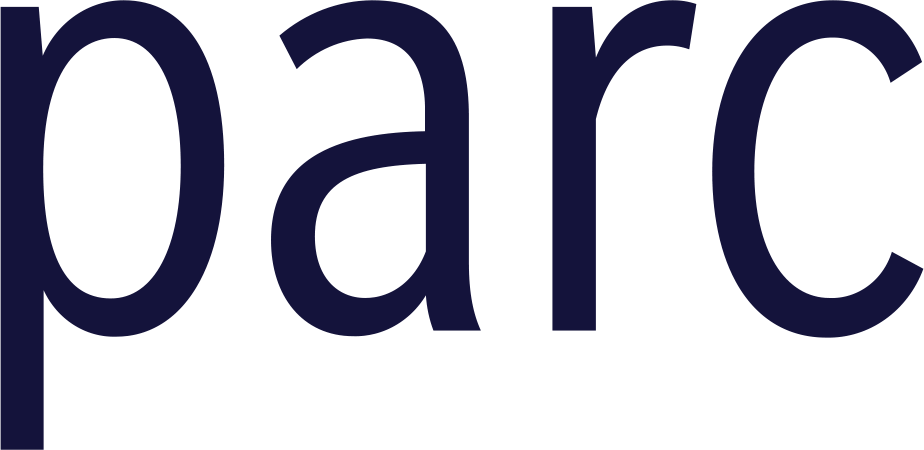Reward Strategy
Changes in the Employee Value Proposition
COVID-19 is forcing organisations to re-think business models to unlock new sources of sustainable value for all stakeholders. The economic impact of COVID-19 accelerated many organisations’ plans to redesign their businesses to become more resilient in the face of economic uncertainties. The need to ensure business sustainability has kept employers’ focus on using cost optimisation to drive efficiencies through reorganisation; reconfiguring health, financial and talent agendas; and reshaping portfolios via acquisition and divestment. As companies move beyond initial cost reductions, preserving as many skills as possible, they must clarify their priorities, continue to invest in their people and address gaps between workforce supply and demand to plan for the future. They need effective strategies for managing their costs without compromising employee engagement or morale.
For many organisations, the pause in operations prompted by COVID-19 and the mass remote-working experiment has forced a long-overdue review of structures and work practices. Even before the pandemic, 98% of executives planned to redesign their organisations to make them fit for tomorrow. In the pandemic’s aftermath, leading companies view the disruption as a chance to overhaul how work is done, where value is created and how that value is delivered to customers. Additionally, changes are being made to the employer brand and employment value proposition to attract skills that previously may not have been required (developing new technical capabilities, attracting different talent segments such as Generation Z talent, or increasing diversity in the talent pipeline). This could include offering more flexible patterns of work (especially part-time working), rethinking career pathways, developing mentoring schemes, or updating reward and benefits packages.
Developing a differentiated Employee Value Proposition and crucially, doing this well, requires companies to design more agile organisations and ways of working. Given changing value drivers, companies must redesign for enhanced execution on topics such as organisational culture, future of reward, inclusive benefits and a fully formed wellbeing strategy.
Develop a more inclusive Employee Value Proposition that responds to what employees need now
Values are shifting at both the societal and individual level. It stands to reason then that your Employee Value Proposition must evolve accordingly. The need to meet employees’ diverse expectations is pressing, as organisations reinvent themselves for a new era. Improving the employee experience is the number-one priority for HR leaders, but only 4% of HR teams believe they provide a superior employee experience today.
With the rise of flexible working, digital transformation remains a critical pathway to providing better employee experiences and better business results. But how can you modernise your listening, reimagine the ‘moments that matter’, and transform interactions in a climate of distraction and exhaustion?
To design inclusive experiences that reflect what people value now, start by understanding your organisation’s employee experience (EX) maturity baseline and finding opportunities to deliver what your people truly want out of work. Companies that exceed their performance goals are three times more likely to have employee experience as a core part of their people strategies. These companies are able to measure and understand the current environment in order to design better experiences, which are then embedded in a sustainable way through HR and digital execution.

So what happens next?
Once companies have conducted thorough listening exercises with employees to understand what is of greatest importance to them, organisations are better placed to redefine their EVP and design benefits and interventions which are of most benefit to the workforce and most economically sustainable. Some of the areas to be considered are culture, future-fit reward and benefits packages and a total commitment to employee wellbeing. All of the topics below (and there will be more to actively listen out for) will help companies build the flexible, sustainable work models and business practices that are the key to helping them address today’s realities and tomorrow’s challenges.
- Organisational Culture:
- Post-Covid
- Employees have discovered new freedoms that the organisation/their managers had been reluctant to allow.
- To reflect a culture where teams collaborate, people are engaged, and wellbeing is a priority. Avoiding the downsides: i.e. exhaustion due to the blurring of work and life, disproportional impacts (often on women), and missed opportunities.
- Positive leadership behaviours, using frameworks and principles – and avoiding parent-child-type relationships with staff.
- New Talent Models
- Where jobs are flexible – and pay decisions are more personal and linked to skills.
- Hybrids of employment and gig-type approaches, within an employment concept giving the best of both worlds – both security and autonomy.
- Inclusion
- Deeper consideration of the needs of diversity in all forms (gender/identity, cognitive, family, cultural….) and the basis on which they can be accommodated through the people management programmes and practices (company-sponsored flexibility), as well as the extent to which individuals can adapt the offer (personalisation).
- Culture of Sustainability/ESG
- A more elevated and holistic frame for a broader range of programmes (that might for instance include living/fair wage practices, decent work, protection benefits and opportunities to save for the future….).
- Technology advances, globalisation, demographics, etc. all affect business models, people management practices and rewards.
- Post-Covid
- Reward Practice
- A performance management system that focuses on outputs and impacts.
- Reward is tagged to skills and progression – to reflect the increasingly rapid change in the skill requirements of jobs. (Particularly where there’s a digital component, this may involve pay progression for the few).
- A new generation of recognition plans – to call out the exceptional contribution of individuals, as it happens.
- A more continual basis for reviewing compensation facilitated by advances in technology/AI.
- More Inclusive Benefits Structure
- Tax advantages of ultra-low emission cars makes salary sacrifice a more attractive offering
- Greater focus on the experience of being a working parent (more leave/flex working patterns)
- Text BoxSabbaticals, including one-off mini-breaks, paid days off etc. as a means of attracting/retaining key talent
- Shift towards more mid-term wealth creation, and access to shorter-term investment vehicles to ensure funds are available at all stages to deal with specific needs at different times e.g. house purchase, additional childcare costs, etc.
- Flipping from ‘facilities’ and benefits at work (restaurants, gyms, etc.) to also support people at home (tech allowances, childcare support, subsidised food, etc.).
- A More Complete “Wellbeing” Strategy
- To encompass benefits, workforce engagement, and company culture. Strong wellbeing strategies include four pillars – physical, emotional, social and financial – that influence an individual’s sense of purpose, increase happiness, and promote health.
The companies that are quickest and most adept at embedding changes such as these into their HR, reward and benefits strategy are most likely to maintain and attract a thriving, engaged and future fit workforce.
UPCOMING PARC CONFERENCE:
Managing Reward in Our Uncertain World
15 June 2022, Central London



